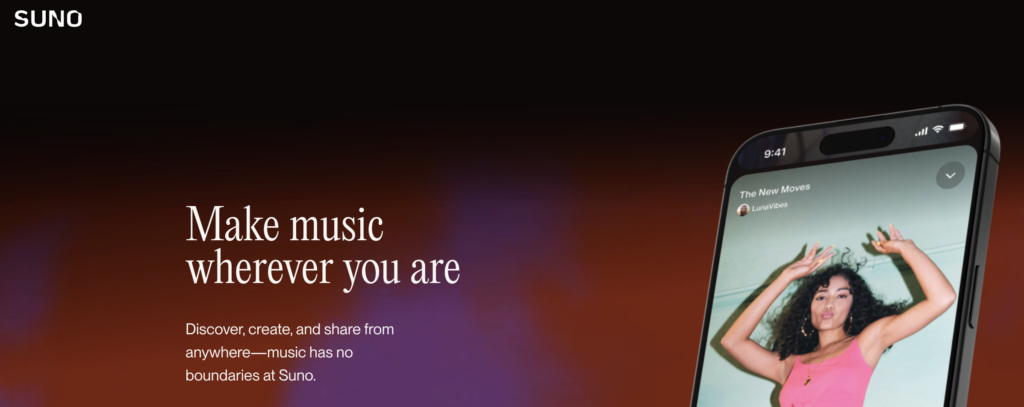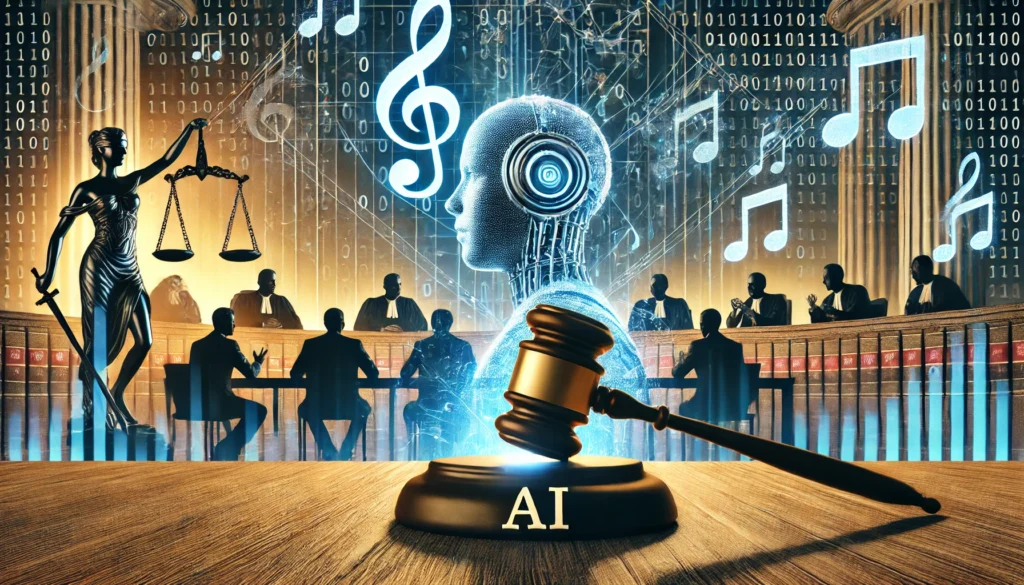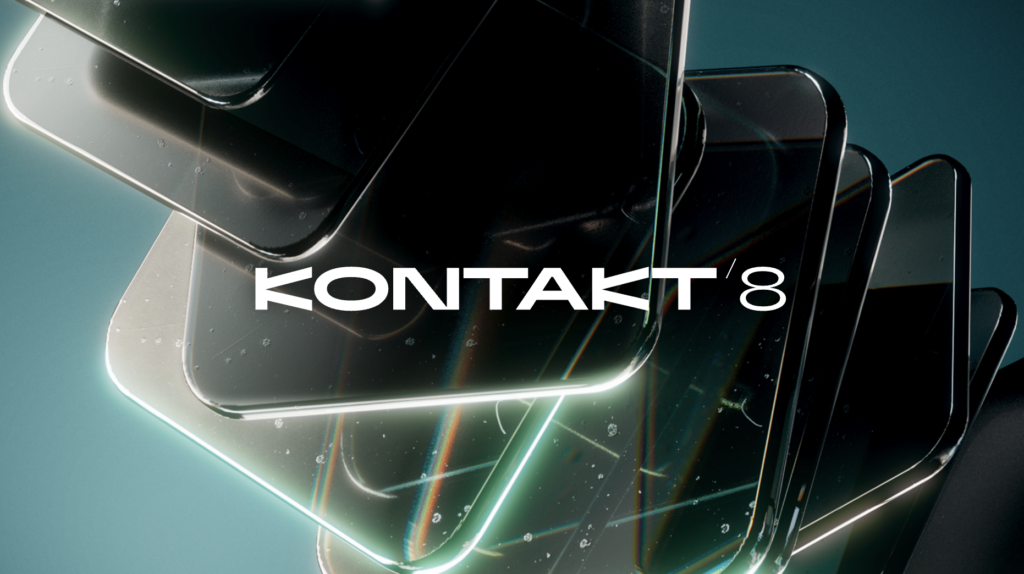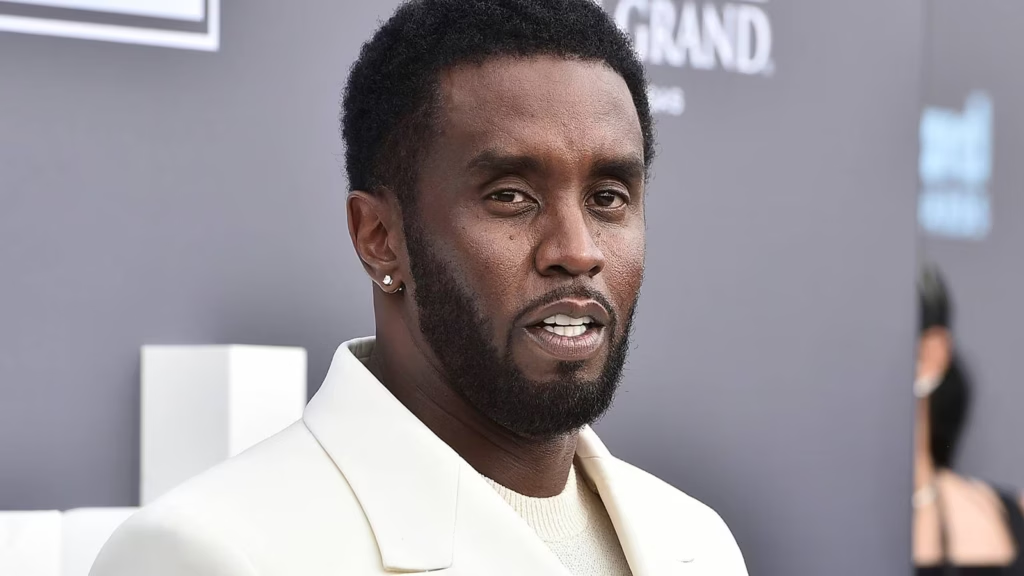Key Takeaways:
- Over 1,000 musicians including Kate Bush have released a silent album to protest AI copyright changes
- The symbolic album titled “Is This What We Want?” challenges UK’s proposed AI training laws
- Artists fear AI companies could use their work without permission or compensation
- The silent tracks generate revenue for Help Musicians charity supporting affected artists
- The protest highlights growing tension between AI advancement and artistic rights protection
March 1, 2025 – In a powerful symbolic gesture, more than 1,000 musicians have united against proposed AI copyright changes. Kate Bush, Imogen Heap, and Damon Albarn are among the prominent artists who released a completely silent album titled “Is This What We Want?” Their protest targets controversial UK legislation that would allow AI developers to train models on copyrighted material without artist permission.
The Silent Album: A Unique Protest
The album’s silence speaks volumes about artists’ fears for the future. Each silent track contributes to a broader message opposing potential legislation that would permit AI companies to use creative works without proper licensing. By filling streaming platforms with silence, musicians highlight a troubling vision – one where AI-generated music could eventually drown out human creativity.
The album’s provocative title asks a fundamental question about the music industry’s direction. Should artificial intelligence have unlimited access to human artistic expression? Or should legal frameworks protect creators’ livelihoods? This central tension drives the current debate between artists, lawmakers, and technology companies.
What’s At Stake: The Proposed AI Copyright Law
The UK government has been considering significant changes to copyright rules. These changes would create exceptions allowing AI developers to use copyrighted material for training purposes. Without requiring explicit permission from original artists, AI systems could analyze music catalogs, lyrics, and other creative works. This training would enable them to generate new content without compensating the musicians whose work made it possible.
ALSO: Can You Copyright AI Music in 2025? Understanding Legal Rights & Ownership
Artists’ Central Concerns
The music community’s opposition stems from several key concerns:
- Financial Impact: AI companies could profit from musicians’ work without paying royalties
- Creative Control: Artists would lose authority over how their work is repurposed
- Career Stability: Low-cost AI-generated alternatives could undermine human musicians’ ability to earn a living
Many industry professionals worry these changes could establish a dangerous precedent. Similar legislation in other countries could accelerate AI’s disruption of the music ecosystem.
Musicians Speak Out Against AI Exploitation
Several high-profile musicians have publicly spoken against the policy change, calling it a direct threat to the livelihoods of artists.
Kate Bush: “AI Should Not Be Exploiting Artists”
Legendary British singer-songwriter Kate Bush, known for her pioneering music and unique artistry, has been a vocal critic of the proposed law. In a recent statement, she said:
“I have always believed in the power of human creativity. The idea that AI can take our work, train on it, and potentially replace us without our permission is deeply troubling. AI should be a tool for artists, not a means to exploit them.”
Imogen Heap: “Musicians Must Fight for Their Rights”
Electronic music pioneer Imogen Heap, who has been at the forefront of music technology for years, expressed concerns about AI’s potential misuse in the industry:
“I love technology, but there has to be balance. AI should not be used as a way to strip musicians of their rights. If we don’t fight for ethical AI usage now, we may find ourselves in a world where human music is just another dataset for machines to consume.”
Damon Albarn: “This Is Corporate Theft”
Blur and Gorillaz frontman Damon Albarn took an even stronger stance, describing AI’s unlicensed use of copyrighted music as corporate theft:
“These AI companies are not building anything from scratch. They are feeding off decades of human artistry, creativity, and hard work. If an artist sampled another artist’s work without permission, they’d be sued. Why should AI get a free pass?”
The Broader AI Copyright Battle
This protest emerges amid growing global tension around AI and copyright law. The conflict represents a fundamental clash between technological innovation and artistic rights.
Major record labels have recently initiated legal action against AI startups allegedly training models on copyrighted music without permission. Companies like Suno AI and Udio face lawsuits from the Recording Industry Association of America (RIAA). Industry organizations including the British Phonographic Industry (BPI) and PRS for Music have urged the UK government to reconsider its approach.
AI companies defend their practices by claiming fair use protection. Some argue their tools enhance rather than replace human creativity. Many artists strongly reject this perspective, viewing AI models as merely repackaging existing music without creating truly original work.
What Happens Next?
The UK government has indicated it’s reviewing the policy following widespread criticism. No final decision has been announced. If officials proceed with the original proposal, legal challenges between AI developers and the music industry will likely intensify.
Meanwhile, the silent album protest continues gaining momentum. Available on Spotify, Apple Music, and other major platforms, it generates revenue directed to Help Musicians UK supporting artists affected by industry disruption.
Public support for the protest has been substantial. Many listeners stream the silent tracks in solidarity. Social media platforms feature numerous messages from music fans urging lawmakers to protect artists’ rights in AI policy.
The Path Forward: Coexistence or Conflict?
The “Is This What We Want?” release signals musicians won’t surrender to AI’s expanding influence. The protest emphasizes the urgent need for balanced copyright regulations ensuring AI technology benefits rather than exploits artists.
While artificial intelligence could revolutionize music production, ethical implementation respecting human creators remains essential. The campaign for fair AI policies continues, and the music community watches closely for the UK government’s response.
This story continues developing as artists, technology companies, and legislators navigate the complex intersection of creativity, innovation, and rights.






